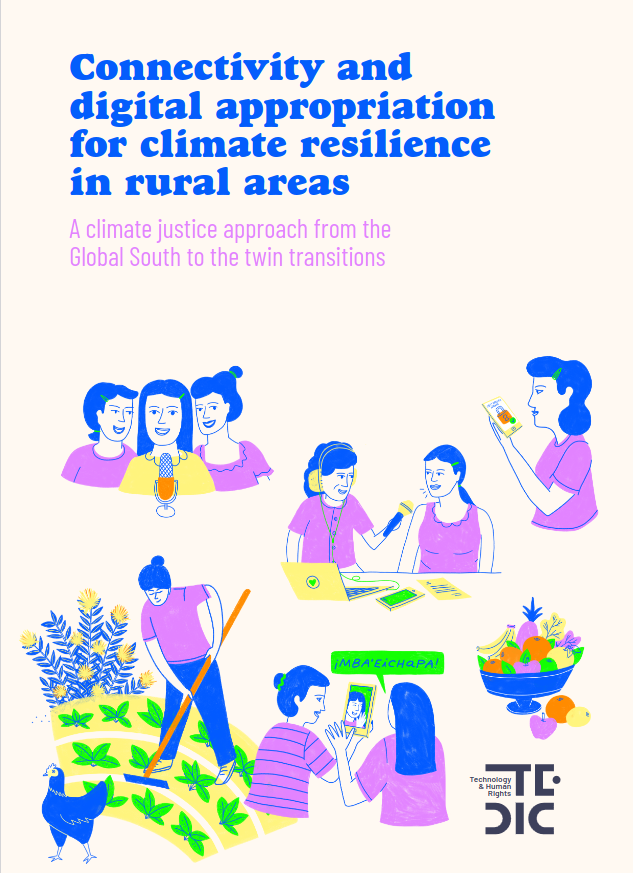
A climate justice approach from the Global South to the twin transitions.
As the figures show, when it comes to the climate crisis, neither the responsibilities nor the consequences are equally shared. The most impoverished people and countries suffer the most from this crisis, even though they bear the least responsibility. This crisis has been caused by the industrial development of developed countries in the first place and displaced peripheral countries by disrupting production chains.
In this context, climate justice is fundamentally about paying attention to how climate change impacts people differently, unequally, and disproportionately and remedying these injustices fairly and equitably. Its objectives are to reduce marginalisation, exploitation, and oppression and to strengthen equity and justice. In other words, climate justice reclaims the reductionist ways of viewing the problem of global warming as a scientific or purely economic issue and relocates it to moral and justice concerns. In this, intersectional feminism plays a key role, as it draws attention to the power relations that converge to affect the climate and ecological crisis, with gender, race, class and other social hierarchies being crucial to the analysis of climate justice.
This paper aims to understand how the digital transition, in a context of twin transitions, must be thought through from the perspective of climate justice because otherwise, those left furthest behind by digitalisation, who are also those who suffer the most from the climate and ecological crisis, will once again be forgotten.
Author: Paz Peña O. – Latin American Institute of Terraforming.
This research was conducted by TEDIC as part of a project funded by the Association for Progressive Communications (APC) organization.

 Worrisome regulation on disinformation in times of COVID19
Worrisome regulation on disinformation in times of COVID19